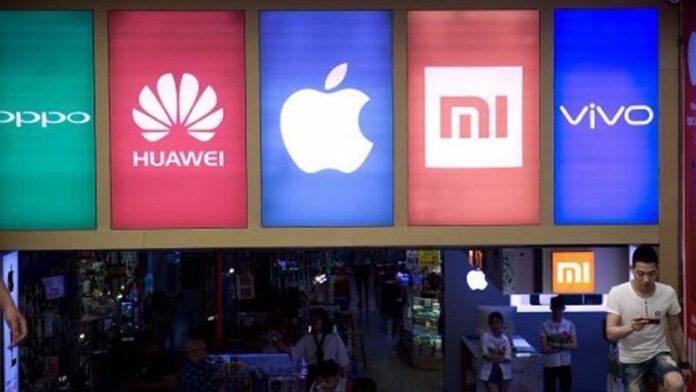Global smartphone giant Xiaomi is deepening its presence in Pakistan, expanding beyond handsets into locally assembled smart TVs and enhancing its retail network to capture one of the Middle East’s most promising growth markets.
The company has begun assembling smart TVs in collaboration with Airlink Communication, with a new series expected to launch by December. This marks Xiaomi’s entry into another major product category in Pakistan’s consumer electronics space.
Over 85 percent of Airlink’s total mobile phone production capacity is now utilized by Xiaomi. All Xiaomi and Redmi Note series phones priced between $100 and $300 are locally assembled, while flagship models are imported as completely built units (CBUs). The company plans to expand local assembly of premium devices as its market share in that segment grows.
Xiaomi currently works with five distribution partners—Airlink Communication, Mobisel, Kotech, Smartlink Technologies, and Deputech—to strengthen its nationwide reach. The brand has also invested in flagship retail outlets in major shopping malls, though traditional smartphone hubs like Karachi’s Saddar and Serena markets still dominate national sales.
Despite intense competition, Pakistan’s smartphone market remains fertile ground for growth. More than 14 active brands compete for consumer attention, yet around 38 percent of the population still lacks access to 4G internet, leaving millions of potential users untapped.
The country’s smartphone consumption currently averages between 1.4 and 1.5 million units per month, driven by increasing digital adoption and affordability. Industry analysts consider Pakistan one of the fastest-growing smartphone markets in the Middle East.
As of Q2 2025, Transsion Group—parent company of Tecno and Infinix—leads with a 44 percent unit share, followed by Xiaomi (18%), Vivo (17%), Samsung (10%), and Oppo (6%). While Xiaomi has maintained its market share, the company saw a 41 percent year-on-year decline in shipments, reflecting changing global consumer trends as users hold onto devices longer.
Globally, Xiaomi remains the third-largest smartphone maker, a position it has held for over 20 consecutive quarters. Within its Middle East division, Pakistan ranks second, trailing only Turkey and ahead of Saudi Arabia, highlighting its growing strategic importance for the brand.
The market, however, remains heavily independent retailer-driven, with 95 percent of smartphone sales coming from small shopkeepers rather than telecom operators. In contrast, Turkey’s smartphone market is about 85 percent carrier-driven through networks such as Vodafone and Orange.




